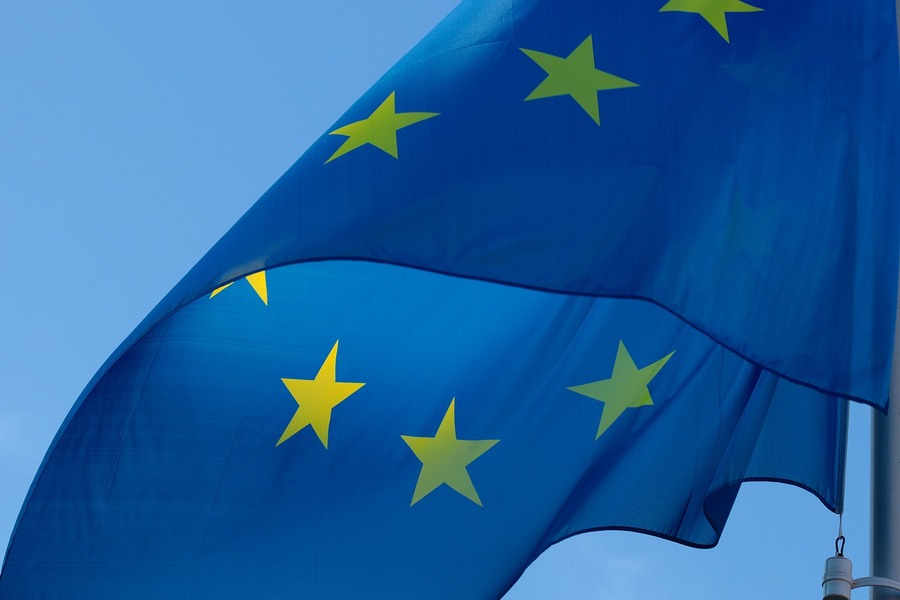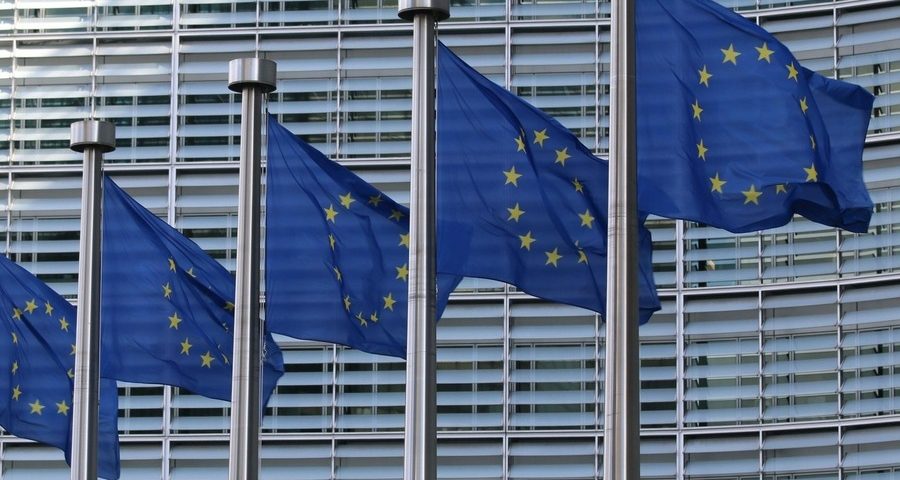
Austria to see legacy income exceed €100mn for the first time this year
November 9, 2022
Patrick Gibbels: Privacy remains high on the agenda for Commission Work Programme 2023
November 9, 2022EFA’s latest What’s Going on in Brussels? webinar took place in October, with a focus on the European Parliament Legal Affairs Committee proposal for a legal framework to strengthen and protect civil society organisations throughout the EU.
The statute on European cross-border associations and nonprofit organisations was proposed earlier this year in response to what’s commonly referred to as the Lagodinsky Report. This saw MEPs, led by Dr. Sergey Lagodinsky, MEP for The Greens, call for the creation of an EU-wide right to associate and for the establishment of minimum standards to protect European CSOs. A public consultation on the proposal, which EFA fed into, has just ended.
The webinar, attended by fundraisers from around Europe, saw Lagodinsky give an overview of the proposed statute. This was followed by a presentation on the Dutch perspective from Yvette Kleekamp, public affairs advisor of Goede Doelen Nederland, and ended with a Q&A session. The event was chaired by EFA board member and public affairs chair, Simona Biancu.
On the need for a statute, Lagodinsky said:
“We know that there is an assault on democracy in many of our member states, from within and without the European Union, so this is about creating legal safeguards and standards that would also protect civil society. And if we are serious about creating a common democratic space, we also need to enable those national organisations working in the nonprofit sector to transcend the boundaries and borders of nation states.”
Part of the proposal, he said, was to establish a common European understanding of when an organisation can be considered a public benefit entity, and to ensure these are not discriminated against because of their funding comes from, or their objectives.
Offering the Dutch perspective, Kleekamp said that European laws to prevent money laundering and terrorist financing, and to protect privacy, often made the work of Dutch nonprofits more difficult so this was a welcome proposal.
She explained:
“A lot of nonprofit organisations, large and small, are confronted with blocked bank accounts or barriers to opening new ones, and refused payments. In addition, there are huge delays in transferring money to both high risk and low risk areas abroad. We have to find a solution, so we very much welcome your initiative.”
Lagodinsky acknowledged that the proposal comes with limitations – for example covering associations but not foundations, and falling short of asking for a mutual European-wide definition and recognition of public benefit status. It is, however, an important first step, he said.
Commenting, Biancu noted:
“This marks a crucial change for the European third sector, bringing in the concept of a European space for philanthropy, and recognising the crucial role of NGOs and CSOs in shaping an inclusive, more equal and fair Europe.”
EFA’s consultation response
EFA’s response to the consultation, which sets out its position on the statute, can be read in full here. Overall, EFA supports and stands for the proposal to create a European supranational legal form for the nonprofit sector, and welcomes standards that create a favourable environment for nonprofit organisations through the proper application of fundamental rights and freedoms for these organisations.
EFA believes that in principle the proposed Regulation and Directive offer an important opportunity for nonprofits across Europe to strengthen their legal position and to give their social, non-commercial interests more weight in legislation. However, EFA also believes that the European Treaties should explicitly recognise that nonprofit organisations are essential for democracy and make an important contribution to achieving the values and objectives of the European Union. As such EFA underlines the importance of recognising the specific and autonomous character of nonprofit organisations as a starting point.




